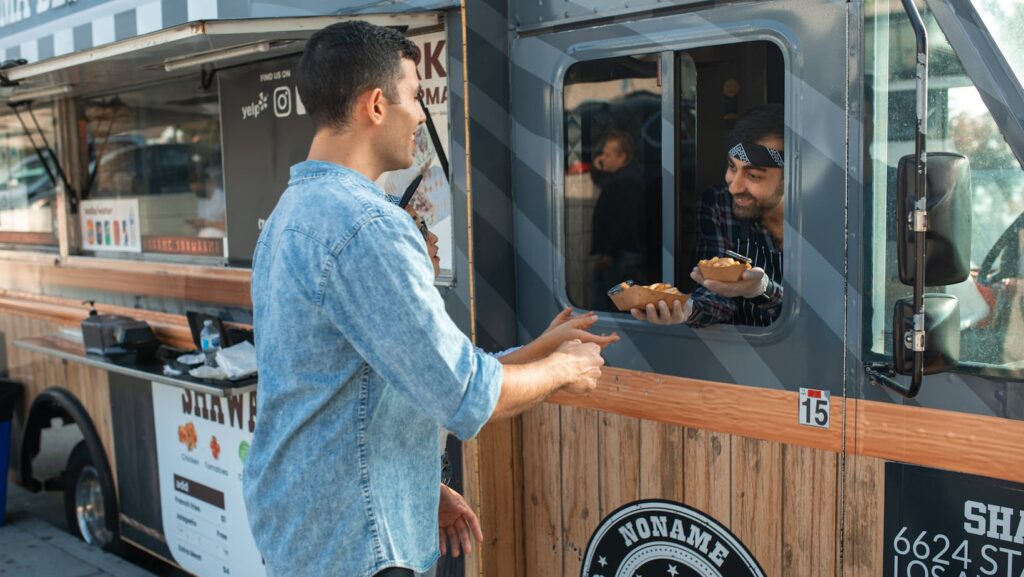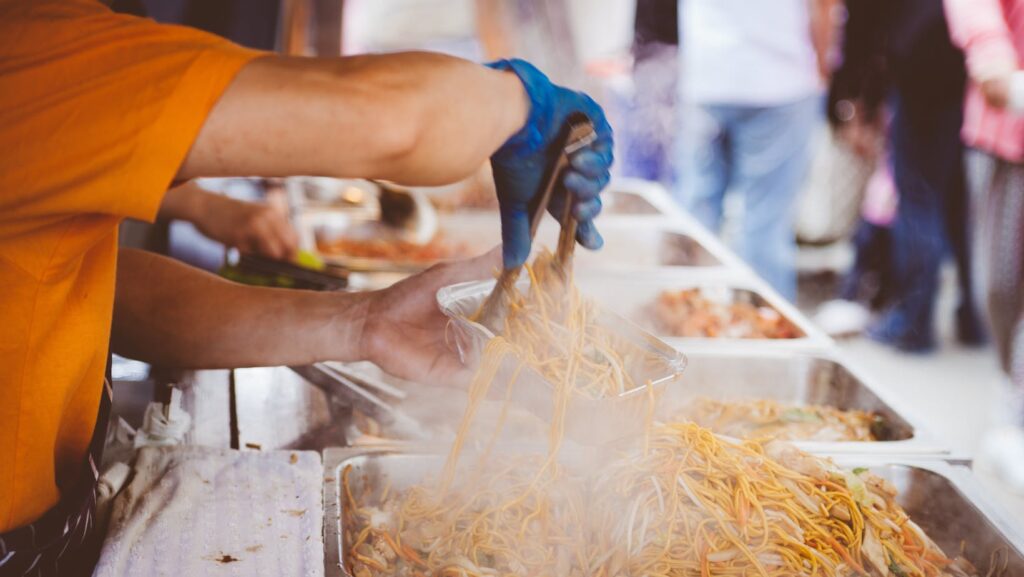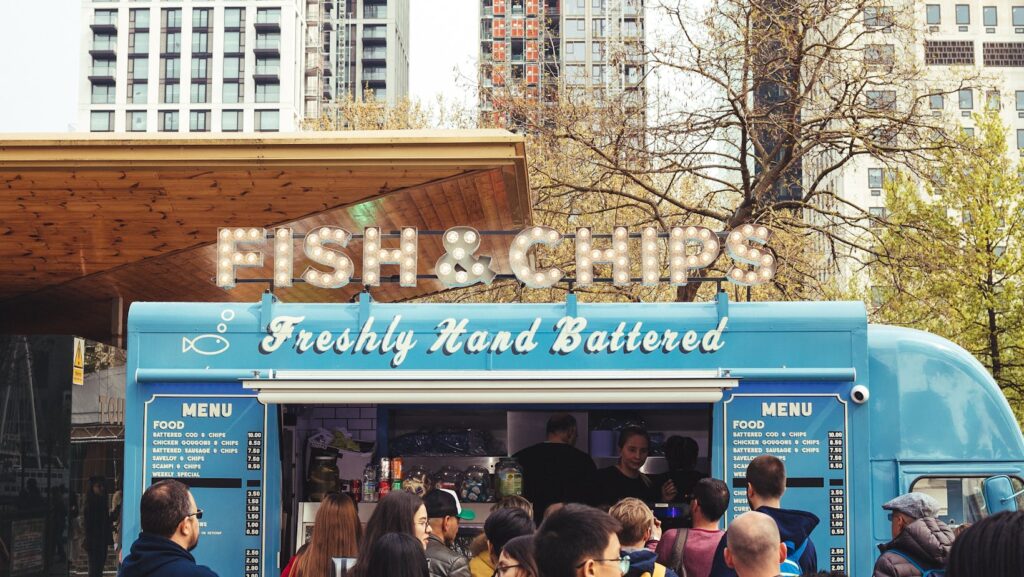Imagine biting into a juicy taco from a vibrant food truck parked in a bustling city square. Ever wondered how this culinary revolution on wheels came about? Well, you’re about to embark on a tasty journey back in time, exploring the rich history of food trucks.
From their humble beginnings as chuck wagons serving cowboys on the open prairies, food trucks have evolved into an integral part of urban culture worldwide. They’re no longer just mobile eateries; they’re a symbol of freedom, creativity, and the entrepreneurial spirit.
Food Truck History
Your journey through the vehicular culinary universe takes another turn here. Buckle up, we’re diving deeper into the evolution of food trucks. From humble beginnings, these mobile eateries showcased not just cooking skills, but resilience and innovation.
The Origins of Mobile Food
Charles Goodnight, a Texas rancher, created the first mobile eaterie, the ‘chuck wagon’. Serving cowboys on long cattle drives, its main fare was beans, salted meats, and hardtack, a type of biscuit. The chuck wagon’s portability and practicality laid the foundation for the modern food truck.
Expansion Through the 20th Century
Lunch wagons, a progression from chuck wagons, offered inexpensive quick bites for factory employees. Later, with the advent of the automobile in the early 20th century, these wagons became motorized. Ice cream trucks, hot dog stands, and taco trucks joined the mobile food industry, each adding a further layer of diversity to the offerings. By the late 20th century, food trucks had evolved from serving simple, mostly pre-cooked fare, to offering more varied and sophisticated menus. City dwellers quickly embraced this new, flexible way of dining, fueling its growth into the 21st century.

Impact of Food Trucks on Modern Dining
Food trucks have exerted sizeable influence on modern dining by encouraging culinary innovation and nurturing community engagement through their accessibility.
Culinary Innovation and Diversity
Food trucks present a fascinating culinary playground. Experimentation abounds, with chefs pushing boundaries to create unique dishes. Fusion cuisine, a blend of distinct culinary traditions, thrives in this environment. The Kogi BBQ food truck in Los Angeles, for instance, draws throngs through its innovative Korean-Mexican blend. Also, food truck menus often fluctuate, reflecting seasonal ingredients and culinary playfulness. This frequent change piques the interest of food enthusiasts.
Accessibility and Community Engagement
Beyond culinary innovation, food trucks increase the accessibility of quality food. No longer does gourmet food exclusively reside within fine dining restaurants. Instead, it roams city streets in mobile kitchens. With their relatively low startup costs, food trucks shine a spotlight on multicultural cuisines and underrepresented cooking styles, enriching the food diversity in a city.
Furthermore, food trucks foster a vibrant street culture. They frequently cluster in parks or near offices, creating impromptu food courts that promote community engagement. Events such as food truck festivals have also become vital community builders in several urban spaces. For instance, Off the Grid in San Francisco attracts over 50 food trucks and thousands of food lovers, effectively bringing the community together.

Comparing American Food Trucks to Global Trends
The robust American food truck landscape paints a vivid picture of imagination and culinary prowess. From home-grown classics to global fare, you’ll find an amalgam that’s patently American. Miami’s ‘Ms. Cheezious’ with its eclectic grilled cheese sandwiches demonstrates how American food trucks push the envelope of traditional gourmet creations. Similarly, Maine’s ‘The Lobster Lady’, making inroads with lobster-centric menu, brings forth the fusion of the enduring and the novel.
Yet, there isn’t a monopoly on innovation, as global trends indicate a similar trajectory. For instance, Brazil’s ‘Kombosa Shake’ blends the country’s vibrant flavor palette with modern techniques to deliver drool-worthy milkshakes. Australia’s ‘Mr. Miyagi’, on the other hand, breaks free from the conventional to offer sushi-pizza.
Food trucks aren’t just about food; they’re about community, creativity, and cultural exchange. They’re a testament to the power of culinary innovation and the human spirit’s adaptability. So next time you bite into a food truck delicacy, remember you’re partaking in a rich, global tradition that continues to evolve and inspire.
